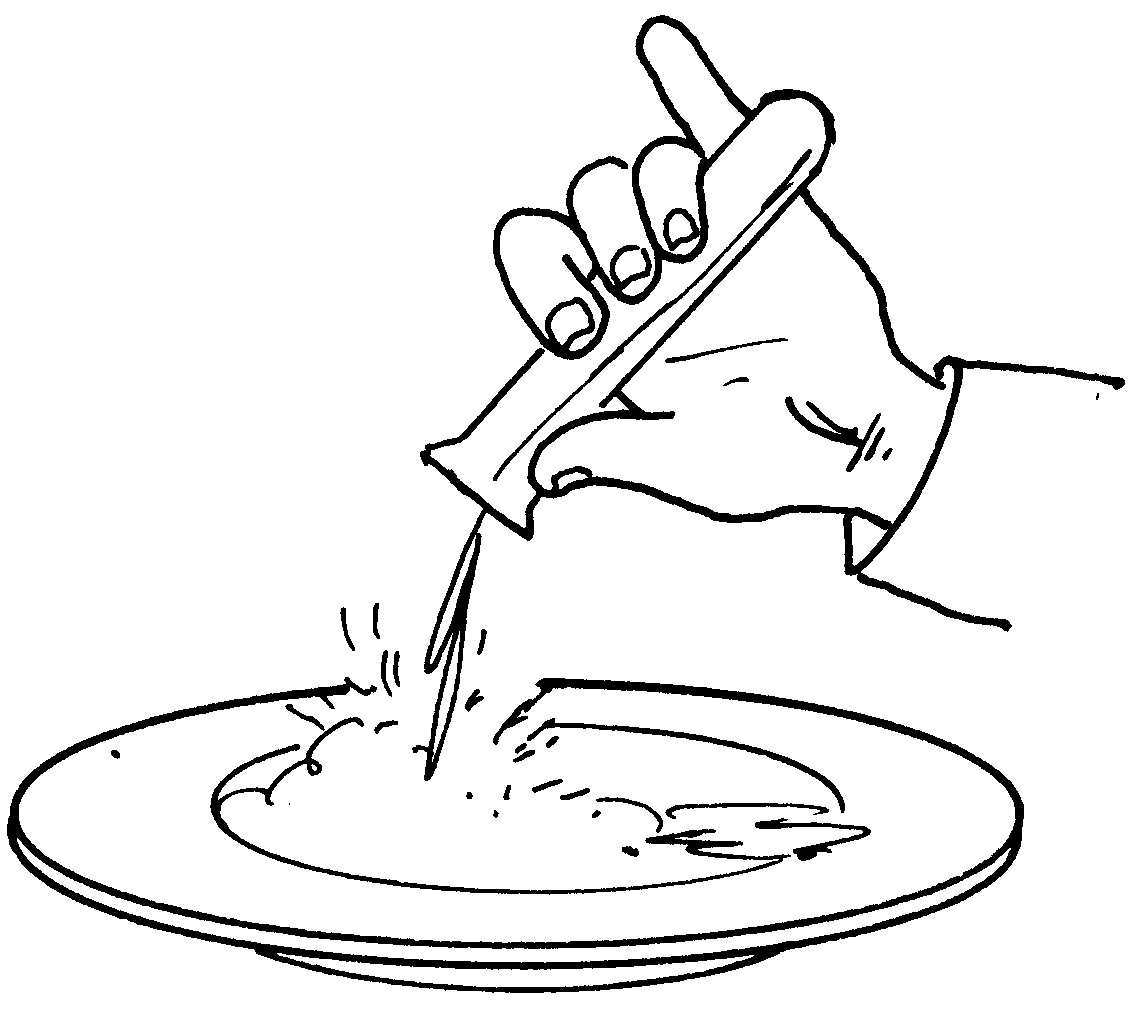| << Chapter < Page | Chapter >> Page > |

GUIDELINES FOR ASSESSMENT:
The learner's progress towards gaining an acceptable level of performance has to be measured. The following table provides guidelines for assessing the different tasks set for assessment and indicates the performance levels.
| Grid for process skills (L0 1) | ||||
| Level | Focus and planning of investigations | Collecting and processing of data | Analysis of Data | Communication of findings |
| 1 | Identifies phenomena independently. Formulates questions for investigations. Refines questions with the necessary support. | Organises and collects equipment for collecting data with the help of the group. Some steps are understood adequately, but most lack detail.Observation should be more meaningful. Writing down of data is clear. Tables and / or graphs for recording data lack information and inaccuracies occur. | Discusses observations and possible explanations The largest portion of the discussion deals with investigations. Identifies some general tendencies in the data.Makes some deductions. | Provides too much oral and / or written information on expected findings, no organisation of material. |
| 2. | Identifies phenomena independently. Formulates questions from investigations and refines them. Formulates a plan of action with reference to a variable with the help of the educator. | Uses instruments and techniques in the group to collect accurate and dependable data. Shows understanding of most of the steps but lacks some detail. Makes meaningful and appropriate observations. Table and / or graph complete and accurate, some poorly formed characters. A degree of sorting or classification of data is present. | Discusses observations and possible explanations.Discussion is relevant to the investigations and includes further interesting facts.Identifies tendencies, patterns and groupings in the data. Gives consideration to the reliability of some tendencies. Makes deductions and relates observations and explanations to other conditions. | Provides too much oral and written information on expected findings; no organisation of material. |
| 3 | Identifies phenomena. Formulates and refines questions to support the plan of action of the investigation with reference to variables. Selects appropriate avenues of investigation relevant to the purpose and resources, and with attention to the means by which a variable can be controlled. Designs simple tests to control a variable. | Selects instruments and techniques for collecting accurate and reliable data from more than one source as part of a group and / or individually. Presents logical steps that are easy to follow. Makes meaningful and reliable observations with regard to one variable. Table and / or graph for recording data completed neatly and altogether accurately. Signs of logical sorting or classification of some of the data. | Discusses observations and possible explanations. All discussion related to investigations and inclusive of some other facts. Relates observations and explanations to other situations. Identifies tendencies, patterns and groupings in the data. Gives consideration to the reliability and validity of most of the findings. Makes deductions to provide reasonable answers.Evaluates deductions against personal experience. | Provides expected information and findings in a logical form. Uses different methods of presentation to enhance understanding. Communicates and presents findings by means of a neat report. |
| 4 | Identifies phenomena and the relationships between different phenomena. Formulates and refines questions in support of the plan of action for the investigation with reference to variables. Selects appropriate avenues of investigation for the investigation with regard to the purpose and resources and with particular attention to means of controlling the variables. Develops tests for controlling variables. Plans procedures for investigating hypotheses and predictions for two variables. Identifies the advantages and restrictions of controlled experiments. Selects instruments for collecting usable qualitative and quantitative data from at least three different sources. | Individually selects instruments and techniques for collecting usable, accurate, reliable quantitative and qualitative data from at least three different sources. Presents more complex and logical steps. Makes complex, accurate observations regarding more than one variable. Table and / or graph for recording data both neatly completed and fully accurate (independent variable on x-axis). Indications of logical sorting or classification of all data to identify patterns. | Discusses observations and possible explanations. All discussion relates to investigations and also includes other interesting tendencies, patterns and groupings of data. Gives consideration to the reliability and validity of all findings. Offers a logical explanation for all findings and gives attention to most of the questions related to the investigation through logical deductions and by relating it to other situations. Makes deductions based on collected data and personal experience and suggests possible improvements to the investigations in cooperation with other group members. Assesses deductions with reference to further evidence and sources. | Provides all required information and findings in logical form. Communicates and offers the findings and information in an appropriate and easily understood form. |
Learning Outcome 1: The learner will be able to act confidently on curiosity about natural phenomena, and to investigate relationships and solve problems in scientific, technological and environmental contexts.
Assessment Standard 1.1: We know this when the learner plans investigations: plans simple tests and comparisons and considers how to conduct these properly;
Assessment Standard 1.2: We know this when the learner conducts investigations and collects data: organises and uses apparatus/equipment or sources to gain and record information;
Assessment Standard 1.3: We know this when the learner evaluates data and communicates findings: generalises in terms of relevant aspects and describes how the data support the generalisation:
Learning Outcome 3: The learner will be able to demonstrate an understanding of the interrelationships between science and technology, society and the environment.
Assessment Standard 3.2: We know this when the learner understands sustainable use of the earth’s resources: analyses information related to renewable and non-renewable sources.

Notification Switch
Would you like to follow the 'Natural sciences grade 7' conversation and receive update notifications?